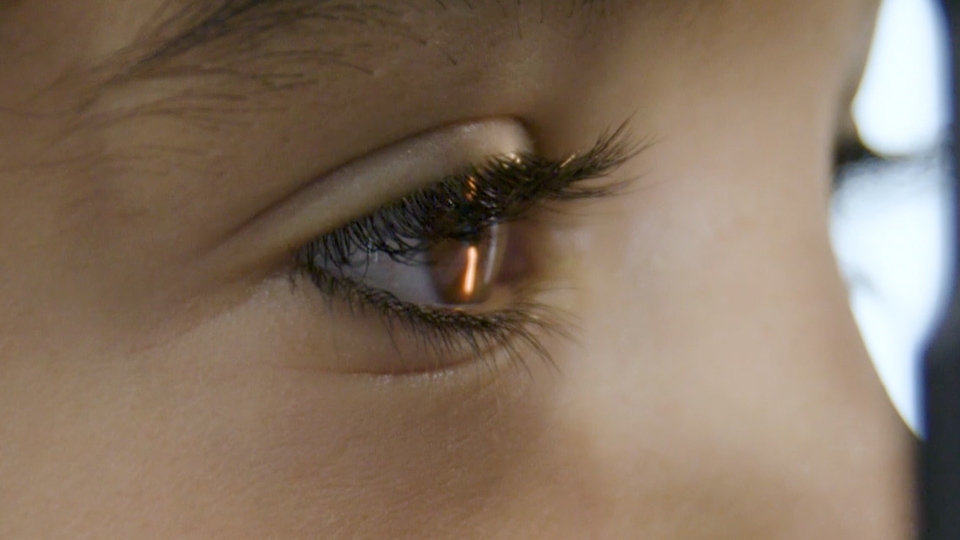Refraction or prescription
31/03/2025

10/12/2024
What is nystagmus?
Nystagmus is an eye condition characterized by involuntary, rhythmic, and repetitive eye movements. These movements can occur side-to-side (horizontal), up-and-down (vertical), or in a torsiona pattern. People with nystagmus cannot control these eye movements, which often impacts their vision.
Types of nystagmus
Nystagmus can be classified based on the time of onset:
Causes of nystagmus
The causes of congenital nystagmus can be grouped as follows:
Acquired nystagmus is typically associated with neurological disorders, inner ear lesions, or the use of certain medications or drugs.
It is important to note that nystagmus can be a symptom of other medical conditions. If it appears suddenly, a medical consultation is essential to determine the underlying cause.
Symptoms of nystagmus
The rhythmic oscillation of the eyes can lead to several challenges, including:
In addition to these symptoms, nystagmus can lead to emotional or social discomfort, particularly in situations requiring prolonged eye contact, as the constant movement of the eyes may draw attention.
Treatments for nystagmus
Treatment for nystagmus depends on its cause. In acquired nystagmus, addressing the underlying condition is the priority. For congenital nystagmus with a treatable cause, such as cataracts, removing the cataracts can significantly reduce or even eliminate the nystagmus. Unfortunately, in most congenital cases, there is no effective treatment to stop the eye movements.
In some instances, glasses or contact lenses may be prescribed to maximize visual development. Surgery is another option for severe cases of torticollis, aiming to shift the null point from lateral gazes to the central gaze. This reduces abnormal head posture and improves visual quality.
Nystagmus is a complex condition that requires close monitoring by an ophthalmologist. The goal is to optimise vision using corrective lenses or surgery when appropriate. With proper care, most individuals with nystagmus can lead full and active lives.
Dr. Anna Monés, Ophthalmologist, Barraquer Ophthalmology Centre